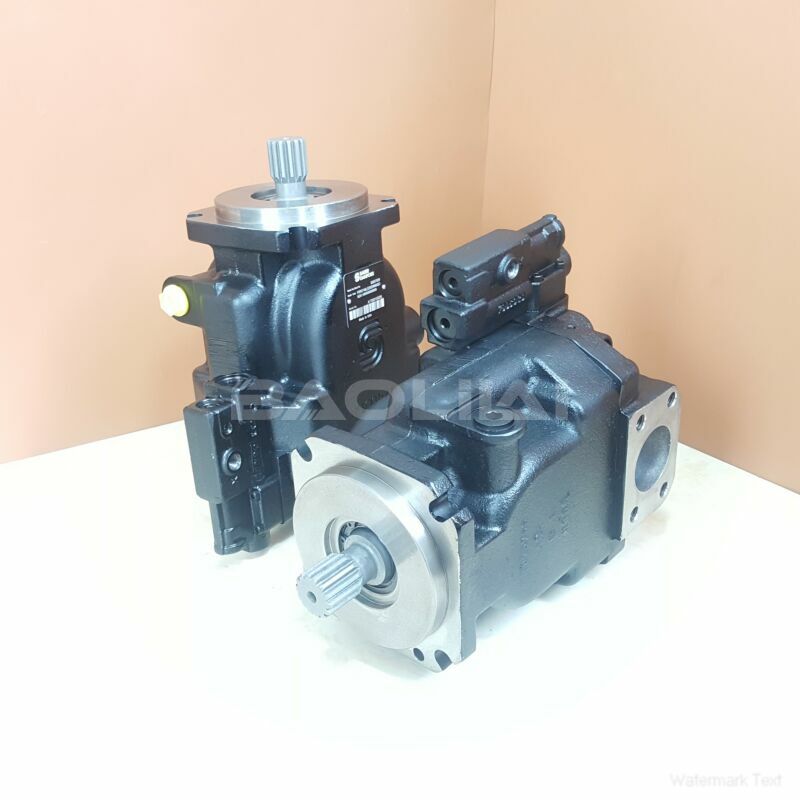FRR074BPC28NNNNN3S1N4A1NAAANNNNNN piston pump
FRR074BPC28NNNNN3S1N4A1NAAANNNNNN piston pump

- Product Details
- Applicable Scene
In the realm of industrial machinery and large equipment operation, fluid power systems play an integral role in achieving efficient performance and reliability. Among the various types of pumps that facilitate fluid movement, piston pumps stand out for their ability to control flow rates precisely and handle high-pressure applications. This article explores the significance of piston pumps in regulating fluid flow for large equipment, highlighting their operational mechanisms, advantages, and applications.
FR-R-074B-PC-28-NN-NN-N-3-S1N4-A1N-AAA-NNN-NNN
FRR074BPC28NNNNN3S1N4A1NAAANNNNNN
Piston pumps utilize a reciprocating motion driven by a piston to displace fluid within a cylinder. This design allows for significant control over both the volume and pressure of the fluid being pumped. Unlike centrifugal pumps which rely on rotational motion and are often susceptible to changes in pressure and flow rates, piston pumps maintain consistent output, making them ideal for applications requiring precise fluid flow regulation.

83033020
One of the main advantages of piston pumps is their ability to generate and maintain high pressure. This feature is particularly crucial in heavy machinery and large equipment where hydraulic systems require considerable force to function efficiently. For instance, in construction equipment such as excavators and cranes, piston pumps are often employed to control hydraulic arms and attachments, allowing for accurate movement and stability under load.
Moreover, piston pumps are highly versatile and can be designed to accommodate a broad range of fluids, including viscous liquids and slurries. This is essential for industries such as mining, oil and gas, and manufacturing, where the properties of the fluids being pumped can vary significantly. Piston pumps can be engineered to operate with varying stroke lengths and speeds, allowing for customization based on the specific requirements of the equipment and the nature of the fluids involved.
In addition to their mechanical advantages, piston pumps contribute to the overall efficiency of fluid power systems. By providing precise control over flow rates, these pumps reduce energy consumption, thereby lowering operational costs and minimizing environmental impact. Furthermore, their robust construction and durability reduce maintenance needs and downtime, enhancing productivity in industrial settings.





